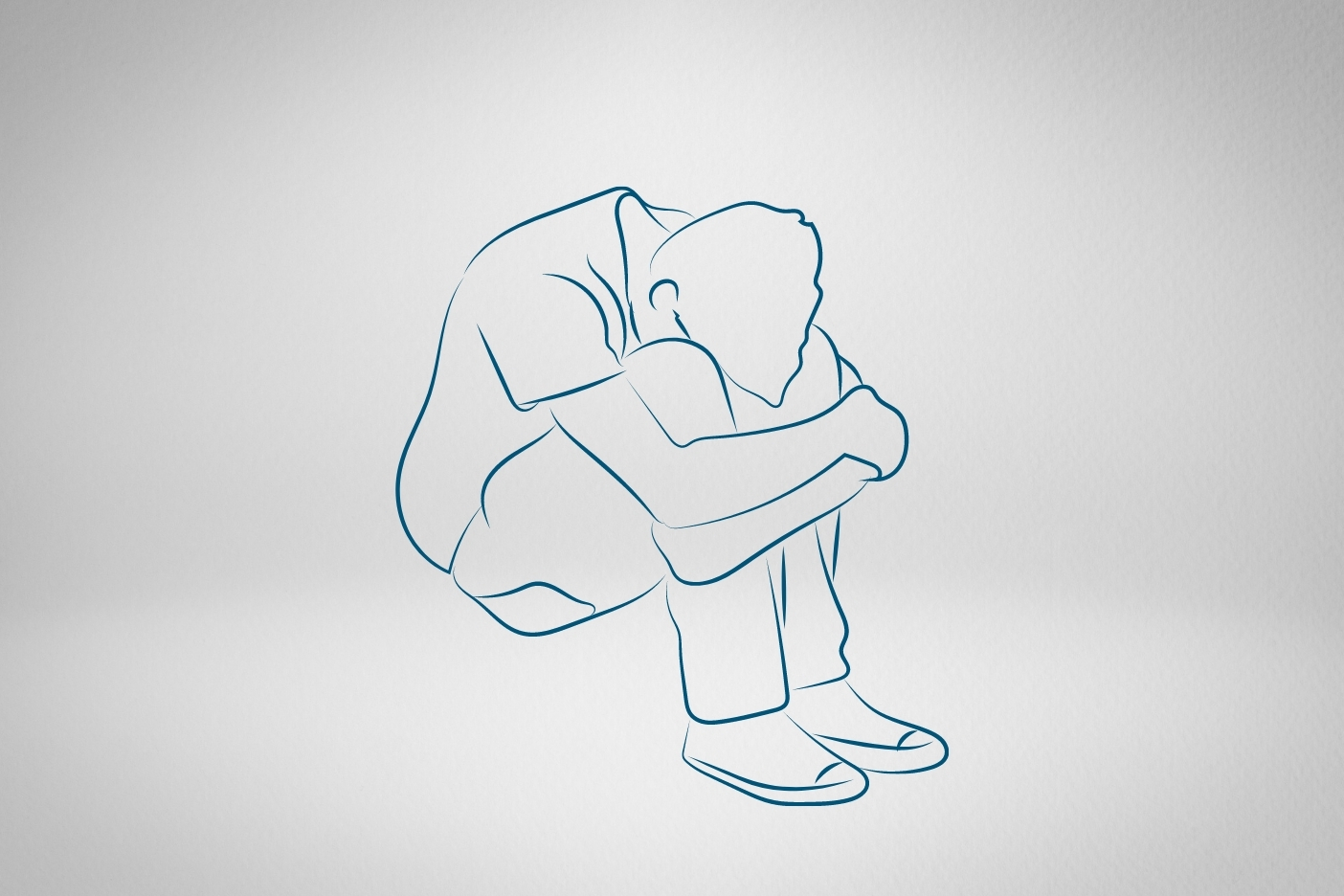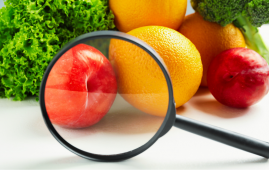

COVID-19 pandemic presents unique challenges to individuals with eating disorders
Approximately 24 million people in the United States suffer from an eating disorder, according to the National Association of Anorexia Nervosa and Associated Disorders. Moreover, eating disorders are among the deadliest mental illnesses, second only to opioid addiction, resulting in approximately 10,200 deaths each year.
Published April 2019 in The American Journal of Clinical Nutrition (AJCN), “Prevalence of Eating Disorders over the 2000–2018 Period: A Systematic Literature Review” has reported a rise in eating disorders worldwide. According to Marie Galmiche et al., the prevalence of eating disorders “increased over the study period from 3.5% for the 2000–2006 period to 7.8% for the 2013–2018 period.” Interestingly, men represent a growing proportion of individuals suffering from eating disorders, in particular from anorexia nervosa and bulimia nervosa, two of the most common eating disorders. In addition, the authors pointed out that “although eating disorders were classically thought to be confined to developed Western countries, this study also highlights the high prevalence of eating disorders in Asia and developing Middle-Eastern countries.”
Since the publication of this AJCN article, it appears that the prevalence and severity of eating disorders may be spiking even more due to the anxiety and stress unleashed by the COVID-19 pandemic. A survey reported in the International Journal of Eating Disorders in July 2020, for example, found that overall individuals with anorexia “experienced a worsening of symptoms as the pandemic hit.” In addition, individuals with bulimia nervosa and binge-eating disorder “reported increases in their binge-eating episodes and urges to binge.”
Many of the more than 1,000 survey participants acknowledged and appreciated the transition to telehealth; however, at the same time, they expressed concerns about the limitations of telehealth in providing the level of care they believed they needed. Encouragingly, respondents noted some positive effects of the pandemic, including stronger connection with family, more time for self-care, and greater motivation to recover.
A June 2020 New York Times article notes, “the pandemic has created new hurdles for those managing difficult relationships with food.” Many people with eating disorders, for example, feel a greater degree of uncertainty and anxiety, making it even more challenging to maintain healthy eating patterns. In addition, many are working from home for the first time, spending the day, in some cases alone, near a stocked kitchen.
“Eating disorders thrive in isolation,” according to Claire Mysko, the Chief Executive Officer of the National Eating Disorders Association (NEDA). While family and friends can provide some comfort and support for individuals trying to manage their eating disorders, it may not be enough for many during these particularly stressful times. In response, NEDA has established a set of online resources and forums to help individuals with eating disorders “explore recovery pathways with virtual support.” Among the resources is a helpline that individuals can call for support, resources, and treatment options for themselves or for someone they are concerned about.
By shining a light on eating disorders, ASN hopes to inspire its members to continue conducting research, providing clinical care, and offering resources to individuals with eating disorders. With our support, we can help them develop and maintain healthy eating patterns during the COVID-19 pandemic and after.
more recommended stories
 Texas Medical Board Releases Abortion Training for Physicians
Texas Medical Board Releases Abortion Training for PhysiciansKey Takeaways Texas Medical Board has.
 Safer Allogeneic Stem Cell Transplants with Treg Therapy
Safer Allogeneic Stem Cell Transplants with Treg TherapyA new preclinical study from the.
 Autoimmune Disorders: ADA2 as a Therapeutic Target
Autoimmune Disorders: ADA2 as a Therapeutic TargetAdenosine deaminase 2 (ADA2) has emerged.
 Kaempferol: A Breakthrough in Allergy Management
Kaempferol: A Breakthrough in Allergy ManagementKaempferol, a dietary flavonoid found in.
 Early Milk Cereal Drinks May Spur Infant Weight Gain
Early Milk Cereal Drinks May Spur Infant Weight GainNew research published in Acta Paediatrica.
 TaVNS: A Breakthrough for Chronic Insomnia Treatment
TaVNS: A Breakthrough for Chronic Insomnia TreatmentA recent study conducted by the.
 First-of-Its-Kind Gene-Edited Pig Kidney: Towana’s New Life
First-of-Its-Kind Gene-Edited Pig Kidney: Towana’s New LifeSurgeons at NYU Langone Health have.
 Just-in-Time Training Improves Success & Patient Safety
Just-in-Time Training Improves Success & Patient SafetyA study published in The BMJ.
 ChatGPT Excels in Medical Summaries, Lacks Field-Specific Relevance
ChatGPT Excels in Medical Summaries, Lacks Field-Specific RelevanceIn a recent study published in.
 Study finds automated decision minimizes high-risk medicine combinations in ICU patients
Study finds automated decision minimizes high-risk medicine combinations in ICU patientsA multicenter study coordinated by Amsterdam.

Leave a Comment